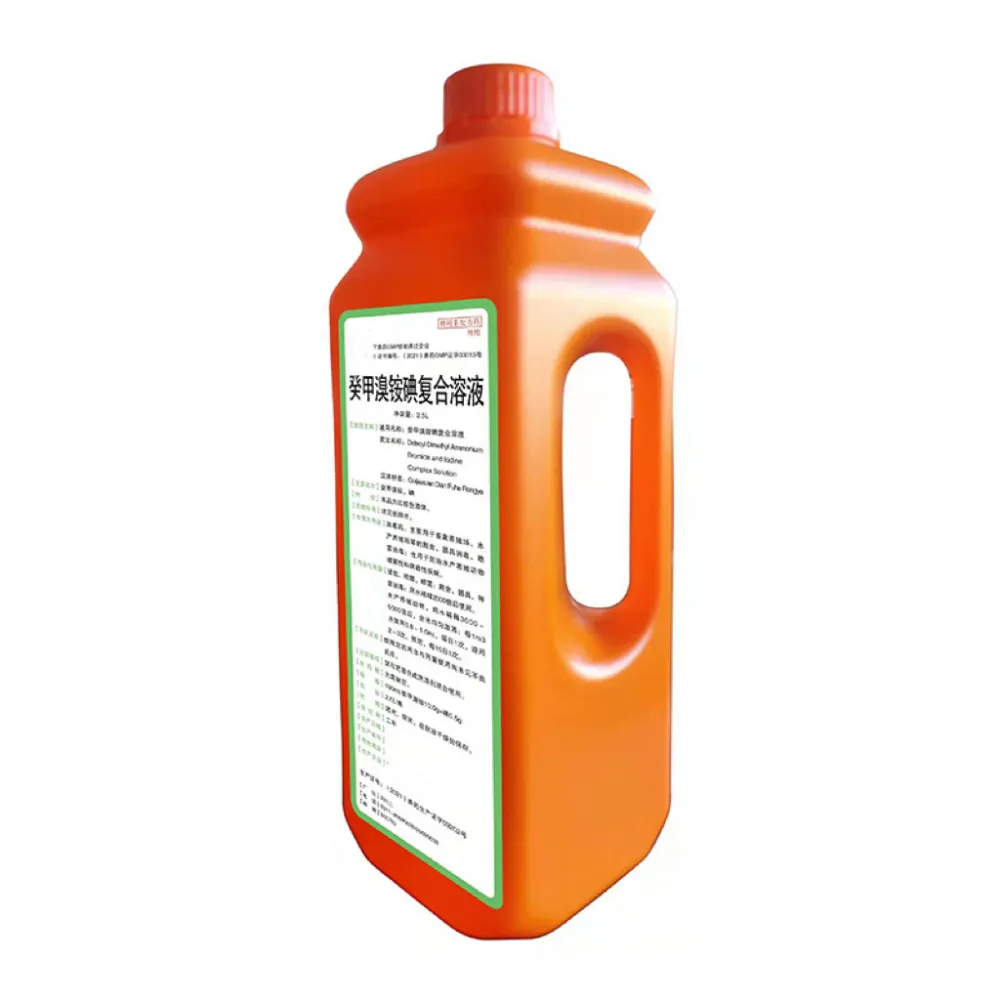- Afrikaans
- Albanian
- Amharic
- Arabic
- Armenian
- Azerbaijani
- Basque
- Belarusian
- Bengali
- Bosnian
- Bulgarian
- Catalan
- Cebuano
- Corsican
- Croatian
- Czech
- Danish
- Dutch
- English
- Esperanto
- Estonian
- Finnish
- French
- Frisian
- Galician
- Georgian
- German
- Greek
- Gujarati
- Haitian Creole
- hausa
- hawaiian
- Hebrew
- Hindi
- Miao
- Hungarian
- Icelandic
- igbo
- Indonesian
- irish
- Italian
- Japanese
- Javanese
- Kannada
- kazakh
- Khmer
- Rwandese
- Korean
- Kurdish
- Kyrgyz
- Lao
- Latin
- Latvian
- Lithuanian
- Luxembourgish
- Macedonian
- Malgashi
- Malay
- Malayalam
- Maltese
- Maori
- Marathi
- Mongolian
- Myanmar
- Nepali
- Norwegian
- Norwegian
- Occitan
- Pashto
- Persian
- Polish
- Portuguese
- Punjabi
- Romanian
- Russian
- Samoan
- Scottish Gaelic
- Serbian
- Sesotho
- Shona
- Sindhi
- Sinhala
- Slovak
- Slovenian
- Somali
- Spanish
- Sundanese
- Swahili
- Swedish
- Tagalog
- Tajik
- Tamil
- Tatar
- Telugu
- Thai
- Turkish
- Turkmen
- Ukrainian
- Urdu
- Uighur
- Uzbek
- Vietnamese
- Welsh
- Bantu
- Yiddish
- Yoruba
- Zulu
Nov . 10, 2024 15:43 Back to list
Optimal Dosage Guidelines for Ivermectin Injection in Veterinary and Human Use
The Role of Ivermectin Injection in Veterinary and Human Medicine
Ivermectin is a broad-spectrum antiparasitic agent that has become a staple in both veterinary and human medicine. Originally developed in the late 1970s, ivermectin was derived from a soil bacterium called *Streptomyces avermitilis*. This powerful drug has shown efficacy against a variety of parasites, including nematodes, arthropods, and ectoparasites, making it a valuable tool in treating several conditions in both humans and animals.
Mechanism of Action
Ivermectin acts primarily by binding to glutamate-gated chloride channels that are found in the nerve and muscle cells of invertebrates. This binding increases the permeability of the cell membrane to chloride ions, leading to hyperpolarization of the cells, paralysis, and eventual death of the parasites. Because these channels are not present in vertebrates, ivermectin is generally safe for human and animal use, although caution must still be exercised in specific populations.
Dosage in Veterinary Medicine
In veterinary settings, ivermectin injection is commonly used to treat a variety of parasitic infections in livestock and companion animals. The dosing regimen can vary based on the type of parasite being targeted, the species being treated, and the formulation of the drug used. For instance, in cattle, a typical dosage for ivermectin injection is around 200 micrograms per kilogram of body weight, administered subcutaneously. For horses, the dosage is often similar, but it is critical to consult with a veterinarian as individual needs may vary.
The timing of ivermectin administration can also be crucial, often dictated by factors such as animal age, health status, and presence of particular parasites. It is essential for veterinarians to follow the guidelines established by drug manufacturers and relevant regulatory bodies to ensure effectiveness and minimize the development of resistance.
ivermectin injection dose

Use in Human Medicine
Though ivermectin is predominantly used in veterinary medicine, it has critical applications in human medicine as well. It is primarily used to treat conditions such as onchocerciasis (river blindness) and lymphatic filariasis, both of which are caused by parasitic infections. The recommended dosage for humans differs significantly from that in animals. For example, the dosage for the treatment of onchocerciasis is typically 150 micrograms per kilogram of body weight, taken as a single oral dose.
Recent discussions around ivermectin have centered on its use for COVID-19, capturing public interest worldwide. However, regulatory organizations such as the World Health Organization (WHO) and the U.S. Food and Drug Administration (FDA) have emphasized that ivermectin should not be used for treating COVID-19 outside of clinical trials due to insufficient evidence of its efficacy against the virus.
Safety and Side Effects
Ivermectin is generally well-tolerated, but like any medication, it does come with potential side effects. In animals, some common adverse reactions include mild itching, swelling at the injection site, and, in rare cases, neurological symptoms. In humans, side effects can also occur, including dizziness, pruritus, and gastrointestinal issues, although severe reactions are uncommon.
Conclusion
Ivermectin remains a crucial drug in the fight against parasitic infections in both animals and humans. Its broad-spectrum efficacy and relative safety make it a vital component of healthcare regimens worldwide. As with any medication, appropriate dosing is essential to maximize benefits and minimize potential risks. Ongoing research will continue to shed light on the full potential of this versatile drug, ensuring it remains an effective tool in both veterinary and human medicine. Always consult healthcare or veterinary professionals to confirm the correct dosage and use for specific situations.
-
Guide to Oxytetracycline Injection
NewsMar.27,2025
-
Guide to Colistin Sulphate
NewsMar.27,2025
-
Gentamicin Sulfate: Uses, Price, And Key Information
NewsMar.27,2025
-
Enrofloxacin Injection: Uses, Price, And Supplier Information
NewsMar.27,2025
-
Dexamethasone Sodium Phosphate Injection: Uses, Price, And Key Information
NewsMar.27,2025
-
Albendazole Tablet: Uses, Dosage, Cost, And Key Information
NewsMar.27,2025













